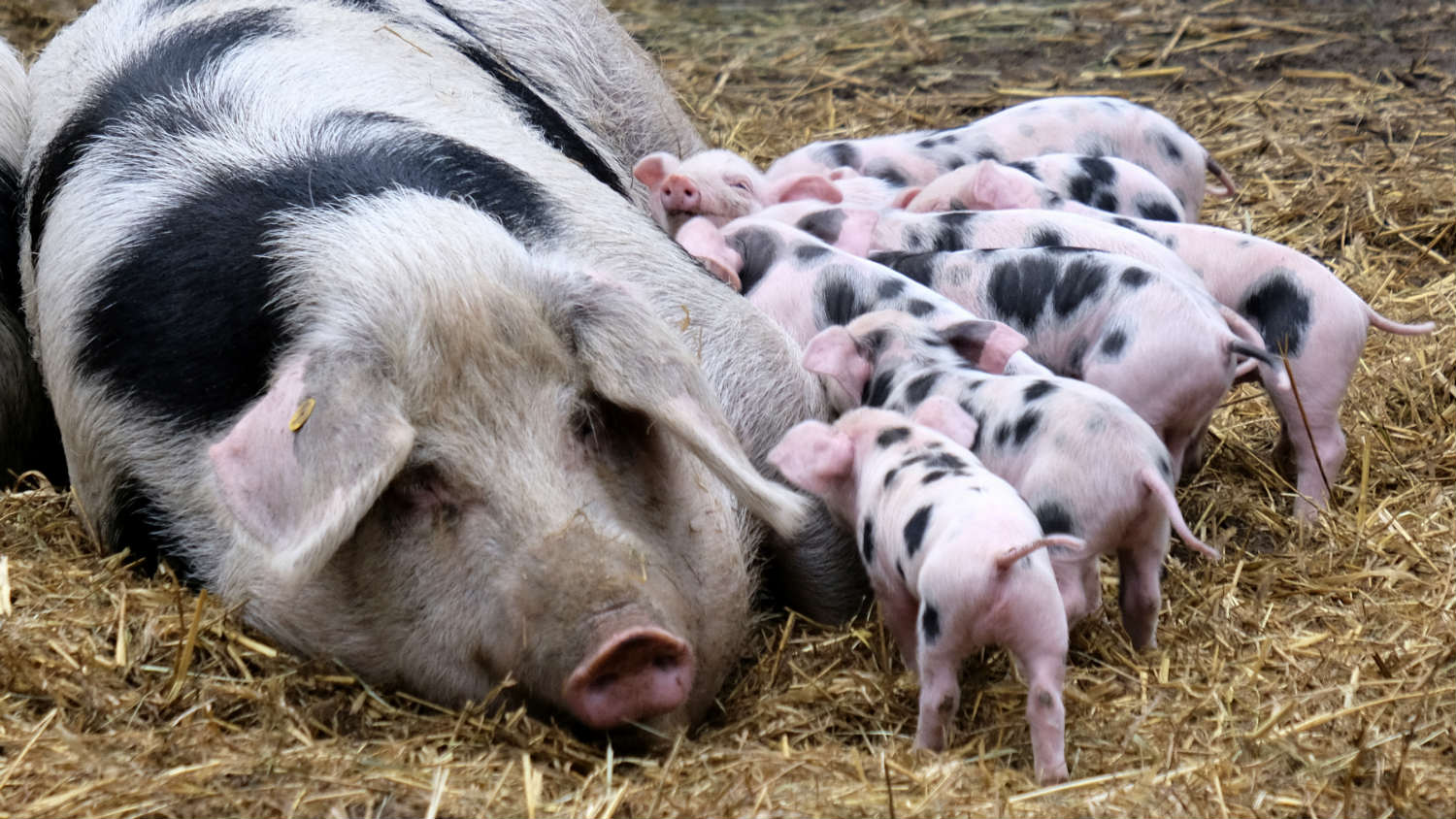davey72
The Living Force
Avala said:davey72 said:I have a neighbor with quite a few free range pigs. They breed naturally and he does not inject them with anything so i am lucky that i can get weiner oigs cheap. This way i can get them in the spring and feed them mainly grass etc and the food being virtually free can butcher them in the fall so that no matter how big they get i feel it would be worth it. The only thing i will do differently is to castrate them while they are young. I have two males that i kept through the winter but they werent castrated. I suppose i will just have to make sure i cook the meat thoroughly outside to get the raint smell out as i dont think i will attempt castration at this point. The biggest problem i have is that i have grown too close to them now.
In my experience meat from uncastrated hogs are not so bad, but the fat is awful, really inedible. But, they say that also depends on the pig's sort.
Thats not good. I had never heard that. What exactly is wrong with it and what type of pig was this from? sorry to get off topic.


